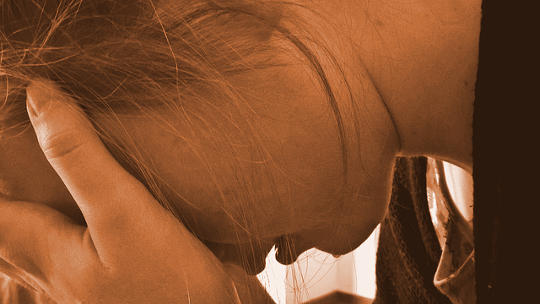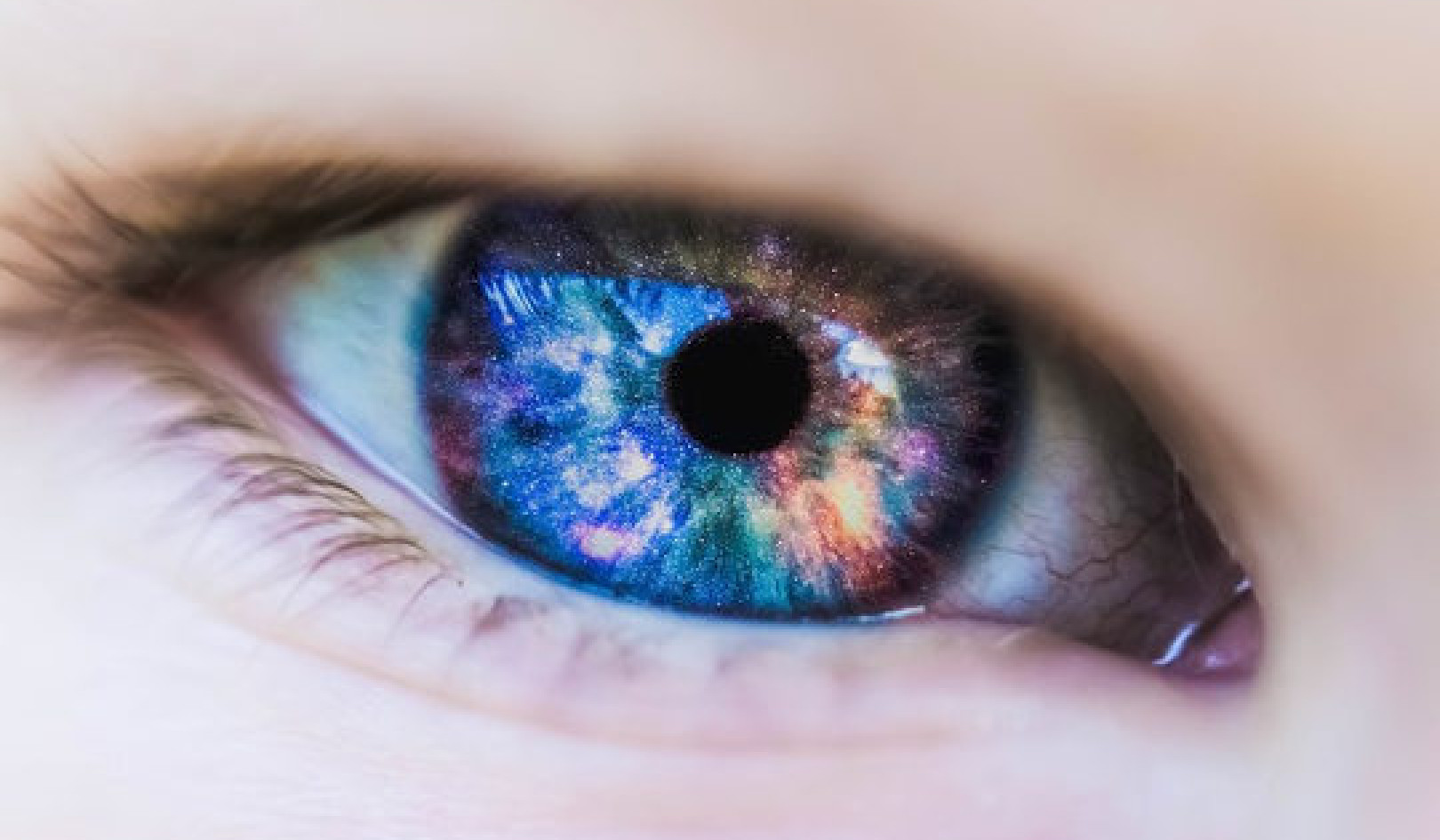
In this excerpt from the beginning of her book, author Steffany Barton explains her perspective on suicide, one that she has come to since a dear friend of hers took his life. Steffany’s search for answers and understanding has been a long often painful but ultimately rewarding journey.
I am a mother. I am trained and licensed as a registered nurse. I am a wife and a writer and a public speaker. I am a daughter who has lost her mother and a friend who is bereaved. I am a person, not much different from anyone who will read these words, who is making the most of what I’ve got.
And what I’ve got is a deep sense of compassion for those who have experienced loss. I have a profound sensitivity to the emotional impact that death has, and I have a strong desire to bring into words the unexpressed emotions that survivors of suicide may have in the days and years that follow such a traumatic loss.
The Pain and Perpetual Grief Of A Death By Suicide
Part of who I am, beyond my professional degree and college education, is a spiritual student and teacher. I know that we are more than atoms and molecules; we are energy in motion, light that expresses freely. Since energy cannot be destroyed, only changed, I have come to understand that when a body is destroyed, the energy contained within simply changes. It does not end.
Those who commit suicide have a spirit, an energy, that is still somehow, somewhere expressed. And, although I can sense this energy, much like a wine taster can discern subtle notes and nuances in a glass of ?ne wine, my desire in writing this book is to speak to those still living, or perhaps more truly, those struggling, scraping by, existing, with the pain and perpetual grief of a death by suicide.
I do not believe that suicide is a fate cast, a destiny inevitable. Nor do I believe that we are powerless to intervene when a suicide wish is expressed. On the contrary, I believe that every one of us has the ability to choose our fate and to alter our destiny. Even after a death by suicide, and perhaps especially after this kind of loss, we can, with a willingness of heart and an openness of mind, ?nd a new outlook on life and a gentle way to sooth the wounded heart and welcome a sense of peace.
Talking About Suicide Is Practically Taboo
Suicide is violent and unkind to those left behind. We as a culture shy away from death because it is uncomfortable; talking about suicide is practically taboo. But those who are left behind desperately need to be accepted, heard, and understood if we are to create a cultural climate where suicide can be prevented.
Suicide has become a shameful and silent epidemic. According to the CDC, in 2010 suicide ranked as the 10th leading cause of death in Americans; one person dies through self-in?icted means every 13 minutes. Additionally, the incidence of suicide has increased by 1.7 percent over the last decade.
These numbers are high—far too high. Something is missing. We pay lip service to suicide prevention, o?er therapy and emergency intervention, but the numbers still rise. Can suicide be prevented?
Yes.
And no
Suicide Prevention Begins At Birth
We embrace all children as gifts to our planet, as welcomed guests in our lives. We embody gentleness toward our Earth; we grow our patience with each other and ourselves. We teach our children that life is a journey, a vast undertaking and an epic task that is completed, and can only be taken, one small step at a time. We value silence because silence is valuable.
We honor cycles and seasons because there is wisdom and rhythm in the ongoing cycles of nature and the ever-changing seasons of life. We embrace our fragility, our strength, our triumphs, and our vulnerability. We show our children that it is ordinary to struggle but extraordinary to ?nd a way to overcome. We laugh when we feel the urge, and we cry to let go.
We teach these things because we are willing to live according to our personal truth. When we accept who we are, when we come to life willing to weather the storms, to see past the darkness and into the dawn, we have the power to turn the tides on the frightening trend of suicide.
Learning About Life After Being Touched By Death
And yet, I believe that anyone who is touched by death can learn about life. Death reminds us to take nothing for granted. Death offers us a chance to take inventory of our own lives, to be honest about where we are on our own journey, to rede?ne our goals, our priorities, to be true to who we are.
Those who are left behind after a death by suicide are challenged to ?nd a profound level of courage and faith as they learn to accept that they are guiltless in the suicide and not to blame for the death of another. For many who are left behind, death invites a more spiritual approach to life, a willingness to see beyond that which is measurable fact and into the world of emotion, spirit, and soul.
If A Suicide Has Occurred, It Couldn't Be Prevented
When is suicide not preventable? If suicide has occurred. I want to bring to light a singular truth: those who commit suicide could not have been stopped, or the suicide would not have occurred.
A suicide that is committed is a suicide that could not have been prevented. In accepting this, guilt shall be washed away, those survivors, imprisoned by shame, shall once and for all be set free.
I believe, that when the survivors left behind are able to embrace those who commit suicide for the truth of who they are, peace and healing can begin.
Celebrating Life!
It is not appropriate to think of those loved ones on the other side as perfect angelic beings, nor is it right to think of them in a negative light. There is good and bad, love and fear, triumphs and struggles, easy times and hard times that each one of us go through.
There is no “perfect” life, and we never stop learning and growing and changing. We can truly put to rest the guilt, shame, and fear of death and bring to light a celebration of life!
My goal is to help the bereaved ?nd a voice and to explore tools for healing through understanding the process of living. This means accepting our emotions, choosing to be proactive and responsible in our spiritual growth, learning to be self-aware and willing to give self-care.
A New Way to Experience Life
Suicide is not an inevitable fate. But in the event of these circumstances of death, there can be a new way to ?nd hope and to experience life for those left behind.
The path may not always be smooth; the waters might not be crystal clear. Answers rarely come neatly packaged, wrapped up in a tidy box. But this is a journey worth taking. Life is a gift—a fragile, strong treasure. We must handle all of life, everyone, everywhere, with gentle love and the greatest of care.
We will face the darkness together, and we will ?nd light.
Article Source
 Facing Darkness, Finding Light: Life after Suicide
Facing Darkness, Finding Light: Life after Suicide
by Steffany Barton.
Click here for more info and/or to order this book.
About the Author
 Steffany Barton, RN, is a professional medium, who has a personal and professional passion for assisting those who have been affected by suicide. For more on Steffany Barton please go to http://www.angelsinsight.com
Steffany Barton, RN, is a professional medium, who has a personal and professional passion for assisting those who have been affected by suicide. For more on Steffany Barton please go to http://www.angelsinsight.com
























